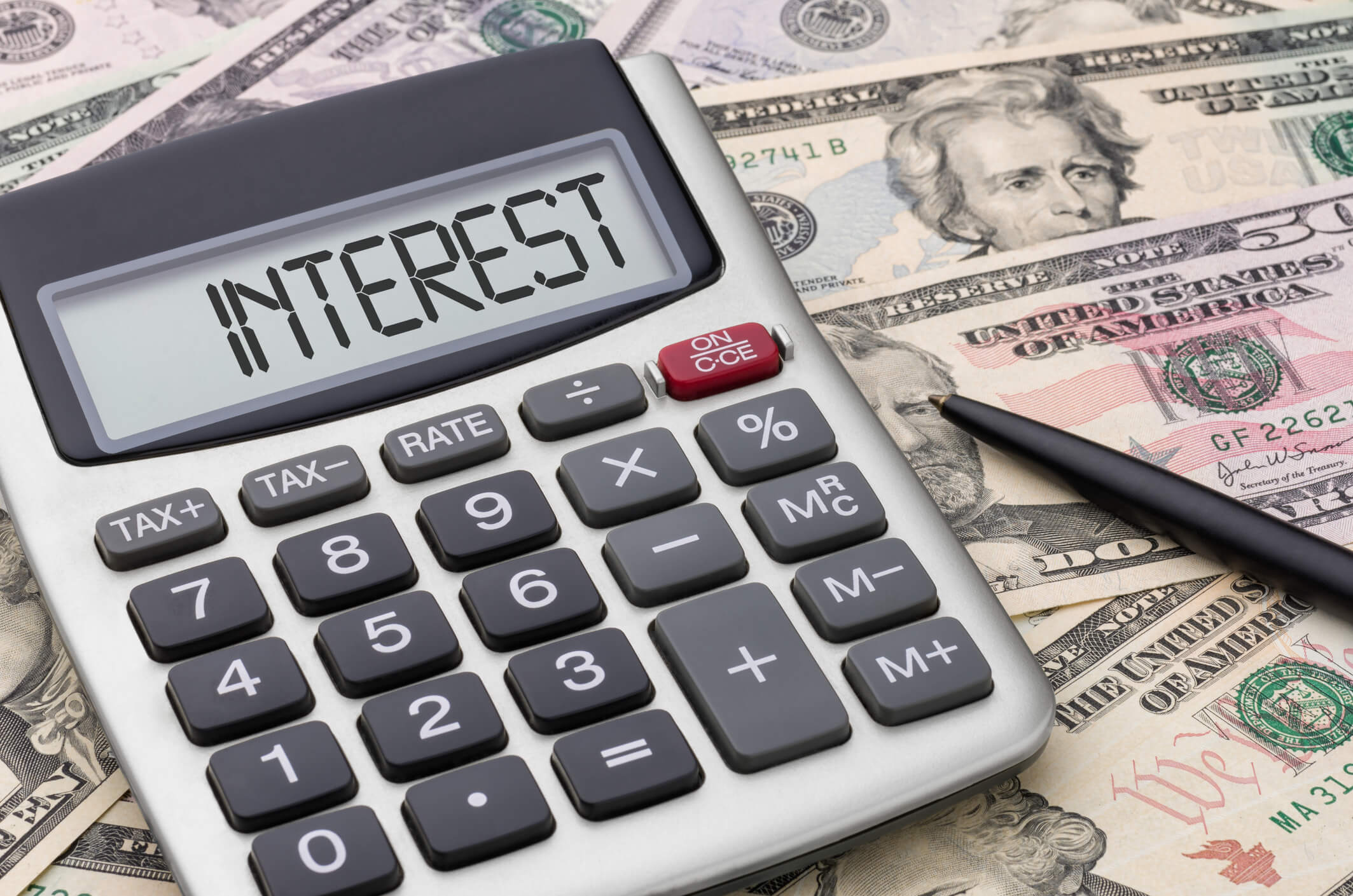Interest rates that move our stock markets are known as the federal fund rates. These rates are also known as “overnight rates” as this depository changes by gathering funds from the Federal Reserve Banks. The Federal Reserve often uses these federal rates, also knows as “The FED,” to avoid and control inflation. So, by raising the rates of these Federal funds, they try to reduce the supply of funds available for buying and doing things, which is possible by making increasing the price of money itself.

Equally, when the Federal fund interest rates decrease, the FED’s money supply will be increased, making it even more affordable to gather money while boosting spending. In a lot of countries, banks do it a lot and all for the same reasons. This cycle is how money gets added and removed from circulation.
The amount that a bank pays to other banks is extremely significant due to their prime interest rates. The interest rates that commercial bank charges when it comes to their most creditworthy clients depend upon the Federal fund rates. These rates have a lot of power when it comes to affecting the overall economy and interest rates.
What Happens When Interest Rates Rise?
When the Fed increases the federal fund rates, it will automatically affect the stock market. This will also affect the Fed’s borrowing of money by making it even more expensive. This has a trickle-down effect and leads to higher interest rates in the economy.

Now that the borrowing of money is more expensive, institutions related to finances will have to increase the interest rates that they receive from their clients that borrow money. However, businesses that take money from banks that develop and expand are affected by this more directly. So, when a bank makes scrounging even more expensive, these companies will not borrow as they used to while paying higher interest charges. Reduction in business spending can very well hinder the growth of a company. In other words, it usually means that the stock prices are being affected.
Interest Rates and the Stock Market
So if a company is slowing down on its growth or becoming less profitable, going through debt, or generating less revenue, it is obvious that the amount of cash flow would drop. Due to this, the prices of a company’s stock will drop as well. If this decline in stock prices affect enough companies, the whole market may decline or possibly crash.
Having a lower expectation regarding a company’s growth and cash flow will affect the invertor’s ability to grow from the stock price obligation, making stock ownership a lot less desirable. Keeping that in mind, investing in equities can be too unstable compared to another type of investment. There are a few areas that do benefit from interest rate hikes. Sectors like banks, brokerages, mortgages, and insurance companies’ revenue rise as interest rates increase so that these companies can charge more for lending because of it.

What Happens When Interest Rates Fall?
So when the economy is declining, the Federal Reserve stops all federal funds to help boost financial activity. However, a decline in their interest rates given by the Fed has conflicting effects as compared to the rate hike. Economists, along with investors, both view low-interest prices as substances for growth. The advantage of personal and commercial borrowing is that it can convert leads to bigger profits and a robust economy. Due to this, consumers will spend more with lower interest rates, making them feel like they can finally purchase a new house and afford private schooling for their kids. Not only that, but businesses will also have the capability to finance their processes and expansions under a cheaper range of funds. This is exactly why the future money-making potential will probably lead to higher stock prices.
 About Complete Controller® – America’s Bookkeeping Experts Complete Controller is the Nation’s Leader in virtual bookkeeping, providing service to businesses and households alike. Utilizing Complete Controller’s technology, clients gain access to a cloud-hosted desktop where their entire team and tax accountant may access the QuickBooks™️ file, critical financial documents, and back-office tools in an efficient and secure environment. Complete Controller’s team of certified US-based accounting professionals provide bookkeeping, record storage, performance reporting, and controller services including training, cash-flow management, budgeting and forecasting, process and controls advisement, and bill-pay. With flat-rate service plans, Complete Controller is the most cost-effective expert accounting solution for business, family-office, trusts, and households of any size or complexity.
About Complete Controller® – America’s Bookkeeping Experts Complete Controller is the Nation’s Leader in virtual bookkeeping, providing service to businesses and households alike. Utilizing Complete Controller’s technology, clients gain access to a cloud-hosted desktop where their entire team and tax accountant may access the QuickBooks™️ file, critical financial documents, and back-office tools in an efficient and secure environment. Complete Controller’s team of certified US-based accounting professionals provide bookkeeping, record storage, performance reporting, and controller services including training, cash-flow management, budgeting and forecasting, process and controls advisement, and bill-pay. With flat-rate service plans, Complete Controller is the most cost-effective expert accounting solution for business, family-office, trusts, and households of any size or complexity.




